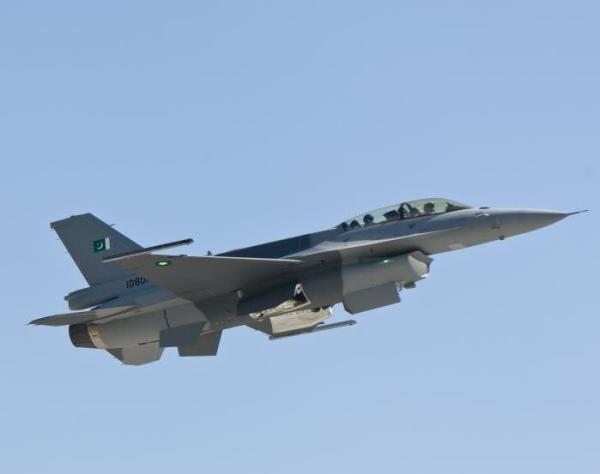Precision military air strikes on Wednesday killed at least 32 militants including key commanders in a restive Pakistani tribal region near the Afghan border, officials said.
“Confirmed militant hideouts were targeted early morning today in North Waziristan through precise aerial strikes,” a senior security official told AFP.
He added, “there are reports of 32 terrorists killed in strikes including some important commanders”.
The official however did not disclose names of the commanders killed in the strikes.
“There were confirmed reports that terrorists involved in recent attacks including a blast at an internally displaced persons (IDP) camp in Peshawar, bomb attacks in Mohmand and Bajaur tribal regions … and attacks on security forces convoys in NWA (North Waziristan), were hiding in these hideouts”, the official added.
An intelligence official in North Waziristan said the strikes were carried out in Miranshah, the main town of North Waziristan, Mir Ali, Datta Khel and Ghulam Ali areas.
There were reports of some civilian casualties including women and children but the security official did not confirm them.
Independent verification of the toll and identity of the dead was not possible as journalists are not allowed to enter the area.
North Waziristan is one of the seven semi-autonomous tribal areas, known as a stronghold of Taliban and Al-Qaeda-linked militants.
Washington calls the region the most dangerous place in the world.
The latest attack comes weeks after the Pakistani Taliban formally ended a ceasefire called to promote talks with the government aimed at ending the militants’ bloody seven-year insurgency.
Prime Minister Nawaz Sharif’s government began negotiations with the Tehreek-e-Taliban Pakistan (TTP) through intermediaries in February, with the ceasefire beginning March 1.
Since the TTP launched their insurgency in 2007, more than 6,800 people have been killed in bomb and gun attacks around Pakistan, according to an AFP tally.
There have also been clashes between supporters of TTP commander Khan Said Sajna and followers of the late TTP leader Hakimullah Mehsud.
The group has long been riven by infighting and the feud began after Sajna, a senior commander, was rejected for the leadership following the killing of then-leader Mehsud last November, militants say.
Sajna had been seen as a strong candidate to become TTP chief following Mehsud’s death.
But the movement’s ruling council at the last minute elected Mullah Fazlullah, who hails from Swat and is believed to be hiding in Afghanistan.
[ppgallery id=”30″]










